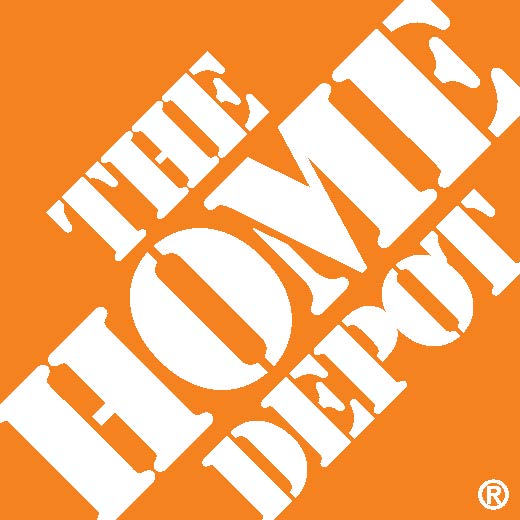Compared to many of my fellow payments professionals, I still consider myself a “newbie.” I found my way onto The Home Depot’s Financial Services team in 2016 where I helped transition our business and technology teams into product management and agile development. While in this role, I quickly understood how complex the payment services and systems are, both internally and externally. Then in 2018, I transitioned into my current role where I own our external relationships, costs, operational processes, and strategy for payment acceptance. Having the foundational understanding of our technical backend was very helpful because this role brought many new questions with added complexity:
- How do the various costs get allocated to each transaction? What are the best ways to manage these costs?
- What level of effort is needed to comply with regulatory and network changes? How do these changes apply to our various selling channels and payment flows?
- Which new payment innovations are going to stick and improve our customer experience? What are the operational and cost implications of these new innovations?
The list goes on, as I’m sure you know all too well. And thankfully I have an incredible team to help me manage it all. However, we quickly realized that we couldn’t make the kind of progress we wanted to in a vacuum. We needed outside help to continue educating ourselves, so we decided to invest more of our time into the MAG. After a few in-person discussions at a 2019 MAG conference, several of us identified a common interest in partnering with other merchants on best practices then worked with MAG leadership to discuss how they could best help. Shortly afterward, MAG established their Communities of Practice (COP).
So far, MAG has facilitated at least eight COPs with three more emerging. The topics, which have included Debit Routing, Card on File, Downgrades, and COVID-19, are chosen by the merchants. We meet regularly to discuss best practices, and MAG often helps bring the networks or processors into these conversations to answer open questions or hear direct feedback from the merchants on challenges we are facing. These group discussions with external partners are a great supplement to one-on-one conversations each merchant has with their own partners as they are neutral and oftentimes with subject matter experts (SMEs) with whom we may not have direct relationships.
For us, the time commitment has been very worthwhile. During the Card on File COP, we received better direction on how to apply the rules to our varied use cases while also clarifying the benefits the networks gain by receiving these new fields. During the COVID-19 COP, we quickly learned about some PIN pad cleaning mishaps (Pro tip: never spray a PIN pad directly with liquids!) and confirmed adequate messaging was sent to our field operators. During the Downgrade COP, we benchmarked our research processes with others finding better ways to partner with our partners’ compliance SMEs. Additionally, we changed our approach during partner QBRs to shift focus from the “99% good” benchmark to the “1% opportunity” by providing more actionable suggestions to improve the KPI in question.
It doesn’t matter if you are a “newbie” yourself or if you have decades of experience, the payments landscape keeps changing, and faster than ever before. These COPs are successful due to a mix of professionals, some willing to admit they don’t understand or need help and others willing to discuss what has or hasn’t worked for them. When we began participating, we were more the former, asking a lot of questions and consuming as much information as possible. But now that our team has matured, we can contribute back to the group more regularly by sharing our own experiences.
These conversations and communities are allowing us all to collectively improve our day to day management of the payments business. We can decrease costs while improving the overall customer experience, all while strengthening our network of payment professionals. I encourage you to consider joining a COP, even if it’s just to listen. I guarantee you will learn something new and I bet you’ll teach us something, too.

